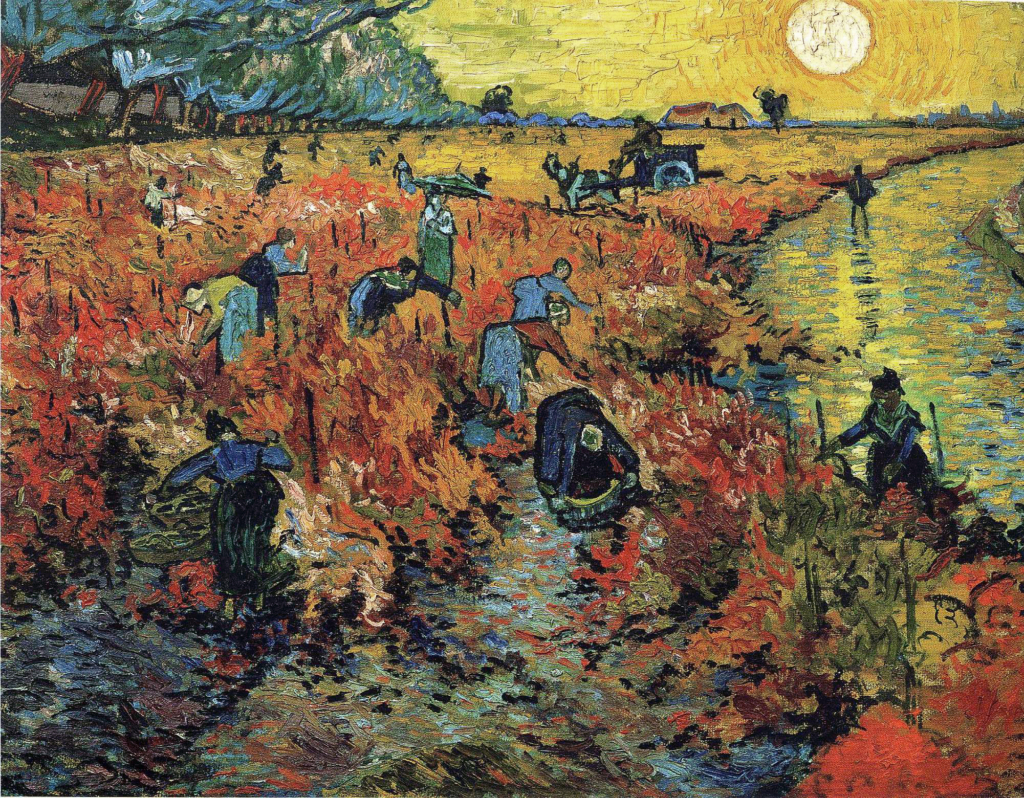Jesus’ Most Scandalous Parable

Jesus’ Most Scandalous Parable
Brian Zahnd
The parable of the laborers in the vineyard (Matthew 20:1-16) may be Jesus’ most scandalous parable — at least for Americans formed in the cowboy myth of rugged individualism. If told this parable came from anyone else, most American Christians would dismiss it as Marxist propaganda. But there it is, right in the middle of the Gospel of Matthew, a parable from Jesus featuring a radical egalitarianism that will no doubt offend the sensibilities of a convinced capitalist. What this parable reveals is how unlike the kingdom of God most of us tend to be in our thinking and especially in our economics. We are never more prone to put a softening varnish on Jesus than when he broaches the subject of money.
In this parable Jesus says that the kingdom of heaven is like a person who worked only one hour being paid the same as a person who worked all day. Think about that. In the story a group of people worked all day and received a fair wage for a day’s work. But another group of people worked only one hour and received the same wage. We deride that as welfare. We’re convinced it’s inequitable. We call it unfair. But Jesus calls it the kingdom of heaven! The kingdom of heaven is not a meritocracy; the kingdom of heaven is an economy of grace. The vineyard owner (who obviously represents God) was more interested in giving people what they needed than giving them what they deserved — and he was willing to do so at his own expense. The only person who suffers loss in this parable is the vineyard owner. In this story no one is cheated. The anger of the group paid last was based not in any injustice they had suffered, but in their own envious resentment. The group paid first simply received what they needed based solely on the extravagant generosity of the vineyard owner. The vineyard owner didn’t want any of his workers going hungry, no matter how long they had or had not worked. The parable of the workers in the vineyard is designed by Jesus to provoke the pharisaical ire of those who believe they deserve the love of God more than others. In this regard the parable of the laborers in the vineyard is a cousin to the more palatable parable of the prodigal son.
If we fear that someone we deem as less deserving than us will be made equal to us based on their need and God’s love, we’re still operating according to an economy outside the kingdom of heaven. Or more tellingly, why do we tend to read ourselves into the story as laborers who worked all day? Why are we so convinced of our own deservedness? Isn’t it just as likely that in the sight of God we are those who though only laboring one hour still need — not deserve, but need — a day’s wage? Ask yourself this question: Am I sustained by the law of just deserts or by the grace of God?
BZ
This is an excerpt from The Unvarnished Jesus.
The artwork is The Red Vineyard by Vincent Van Gogh, 1888.